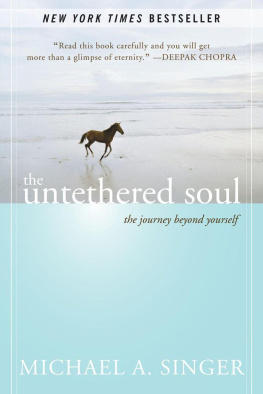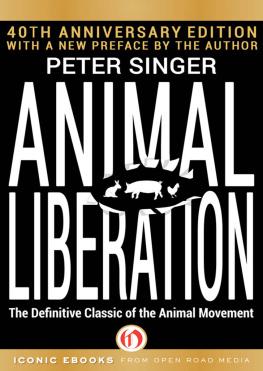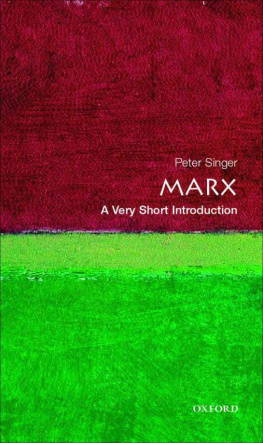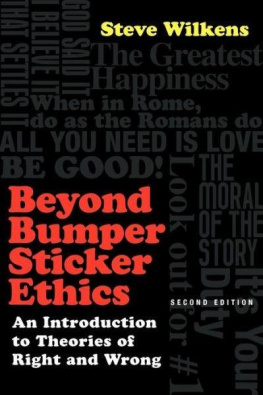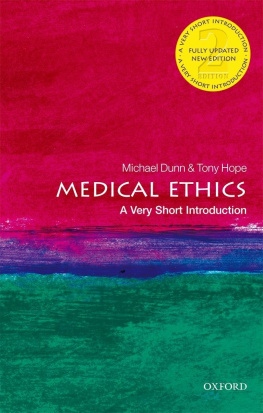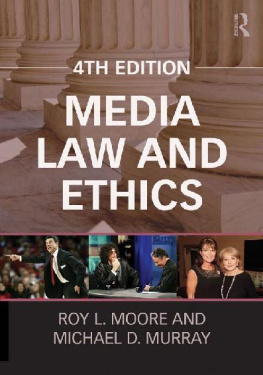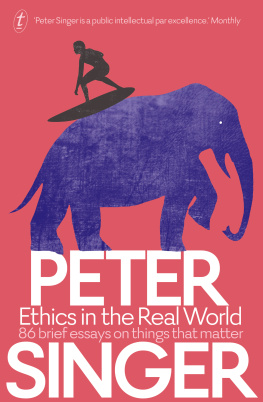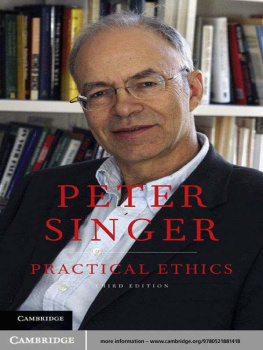Practical ethics covers a wide area. We can find ethical ramifications in most of our choices, if we look hard enough. This book does not attempt to cover the whole area. The problems it deals with have been selected on two grounds: relevance and the extent to which philosophical reasoning can contribute to discussion of them.
The most relevant ethical issues are those that confront us daily: is it right to spend money on entertaining ourselves when we could use it to help people living in extreme poverty? Are we justified in treating animals as nothing more than machines producing flesh for us to eat? Should we drive a car thus emitting greenhouse gases that warm the planet if we could walk, cycle or use public transport? Other problems, like abortion and euthanasia, fortunately are not everyday decisions for most of us; but they are still relevant because they can arise at some time in our lives. They are also issues of current concern about which any active participant in a democratic society should have informed and considered opinions.
The extent to which an issue can be usefully discussed philosophically depends on the kind of issue it is. Some issues are controversial largely because there are facts in dispute. Should we build nuclear power stations to replace the coal-fired ones that are a major cause of global warming? The answer to that question seems to hang largely on whether it is possible to make the nuclear fuel cycle safe, both against accidental release of radioactive materials and against terrorist attacks. Philosophers are unlikely to have the expertise to answer this question. (That does not mean that they can have nothing to say about it for instance, they may still be able to say something useful about whether it is acceptable to run a given risk.) In other cases, however, the facts are clear and accepted by both sides, and it is conflicting ethical views that give rise to disagreement over what to do. The important facts about abortion are not really in dispute as we shall see in Chapter 6, when does a human life begin? is really a question of values rather than of facts but the ethics of abortion is hotly disputed. With questions of this kind, the methods of reasoning and analysis in which philosophers engage really can make a difference. The issues discussed in this book are ones in which ethical, rather than factual, disagreement plays a major role. Thinking about them philosophically should enable us to reach better-justified conclusions.
Practical Ethics , first published in 1980, has been widely read, used in many courses at universities and colleges and translated into fifteen languages. I always expected that many readers would disagree with the conclusions I defend. What I did not expect was that some would try to prevent the book's arguments being discussed. Yet in the late 1980s and early 1990s, in Germany, Austria and Switzerland, opposition to the views on euthanasia contained in this book reached such a peak that conferences or lectures at which I was invited to speak were cancelled, and courses taught by professors at German universities in which the book was to be used were subjected to such repeated disruption that they had to be abandoned. In Zurich in 1991, when I was attempting to lecture, a protester leapt onto the stage, tore my glasses from my face, threw them down on the floor and stamped on them. Less violent protests took place at Princeton University in 1999, when I was appointed to a chair of bioethics. People objecting to my views barred the entrance to the central administrative building of the university, demanding that my appointment be rescinded. Steve Forbes, a trustee of the university and at the time a candidate for the Republican nomination for the President of the United States, announced that as long as I was at the university, he would withhold further donations to it. Both the university president and I received death threats. To its great credit, the university stood firm in its defence of academic freedom.
The protests led me to reflect on whether the views defended in this book really are so erroneous or so dangerous that they would be better left unsaid. Although many of the protesters were simply misinformed about what I am saying, there is an underlying truth to the claim that the book breaks a taboo or perhaps more than one taboo. In Germany since the Nazi era, for many years it was impossible to discuss openly the question of euthanasia or whether a human life may be so full of misery as not to be worth living. More fundamental still, and not limited to Germany, is the taboo on comparing the value of human and nonhuman lives. In the commotion that followed the cancellation of a conference in Germany at which I had been invited to speak, the German sponsoring organization, to disassociate itself from my views, passed a series of motions, one of which read: The uniqueness of human life forbids any comparison or more specifically, equation of human existence with other living beings, with their forms of life or interests. Comparing, and in some cases equating, the lives of humans and animals is exactly what some chapters of this book are about; in fact, it could be said that if there is any single aspect of this book that distinguishes it from other approaches to such issues as human equality, abortion, euthanasia and the environment, it is the fact that these topics are approached with a conscious disavowal of any assumption that all members of our own species have, merely because they are members of our species, any distinctive worth or inherent value that puts them above members of other species. The belief in human superiority is a very fundamental one, and it underlies our thinking in many sensitive areas. To challenge it is no trivial matter, and that such a challenge should provoke a strong reaction ought not to surprise us. Nevertheless, once we have understood that the breaching of this taboo on comparing humans and animals is partially responsible for the protests, it becomes clear that there is no going back. For reasons that are developed in subsequent chapters, to prohibit any cross-species comparisons would be philosophically indefensible. It would also make it impossible to overcome the wrongs we are now doing to nonhuman animals and would reinforce attitudes that have done irreparable damage to the environment of our planet.


